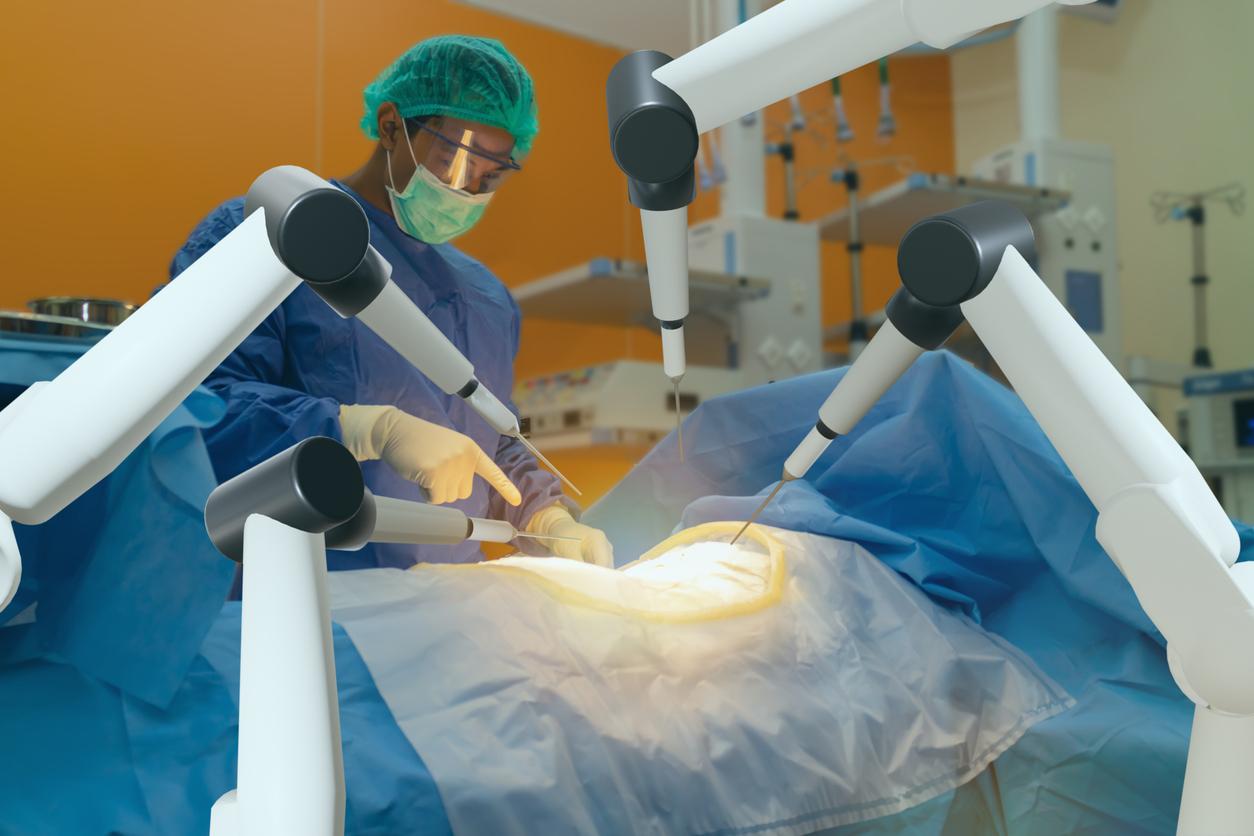Consent to organ donation will now be presumed. In case of refusal, the families will have to provide a written testimony.

If you die after the 1er January 2017 and you have not made a clear objection during your lifetime, your organs can be harvested in order to save the lives of patients on the waiting lists. Your consent to organ donation is now presumed.
In 2016, the legislation on organ harvesting has indeed changed. Before taking the sample and in the absence of indications from the deceased (national register, written testimony, etc.), the doctors will ask the family to report the patient’s wishes expressed during his lifetime.
Written testimony
If the deceased did not wish to donate their organs, then relatives should indicate this in a written, dated and signed testimony. The choice of the deceased thus transcribed will be respected by the medical team.
The evolution may seem subtle; previously, consent was not presumed, but families were also consulted and the medical team relied on their advice. However, professionals and health authorities realized that there was a paradox: while nine out of ten French people are in favor of organ donation, the refusal rate expressed by families reached 42% on average.
Undue refusal
Faced with the tragedy they are going through, families thus tend to express a refusal in the place of a deceased being who, during his lifetime, might not have been opposed to it. The fact of drawing up a certificate testifying to the refusal expressed by the deceased person should both strengthen this right which belongs to each one, and limit the refusals which do not have to be, where the family takes the place of the will of the deceased. .
In 2015, the total number of patients on waiting lists stood at 21,464 in France; only 5,746 of them benefited from a transplant. However, this figure increased by 7% compared to 2014.
.








-1730888646.jpg)






